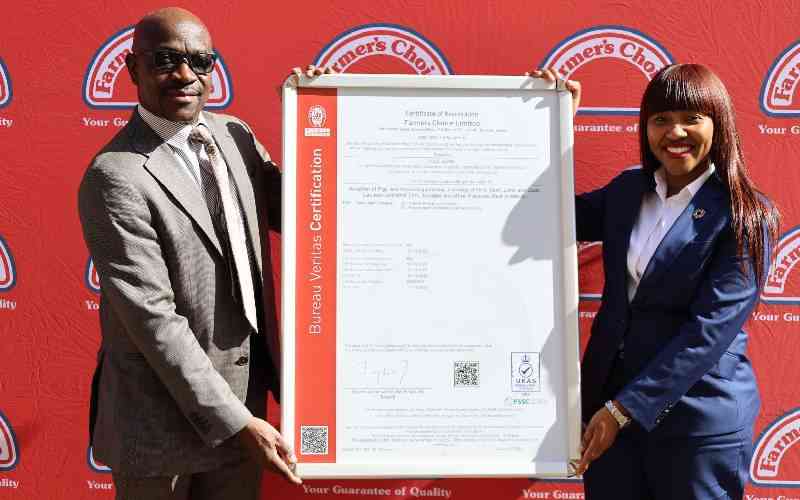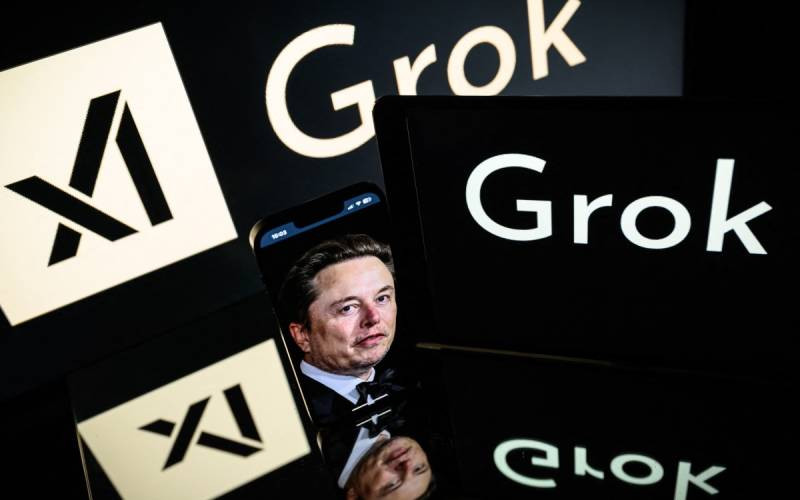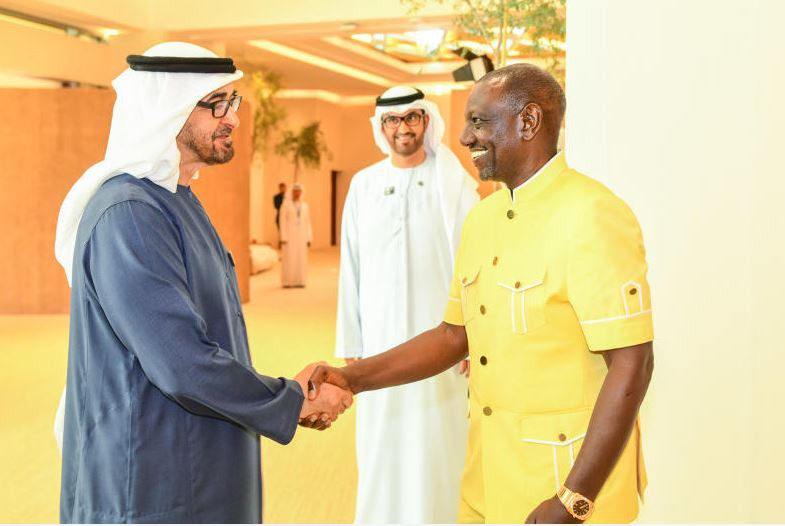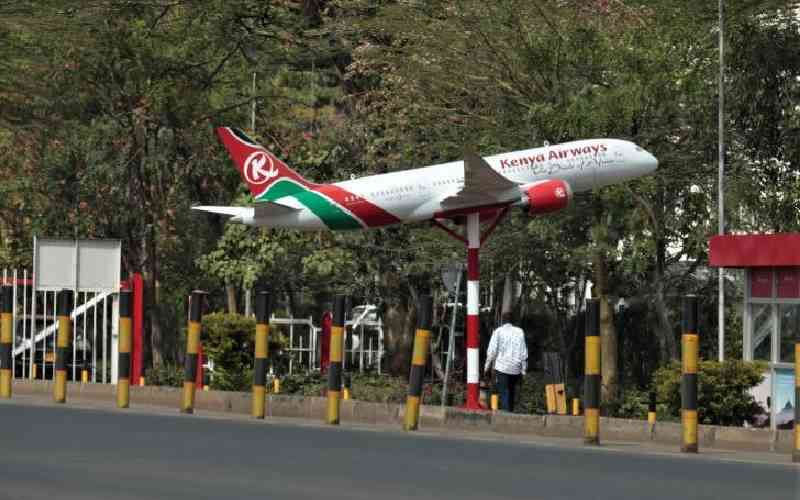Jubilee Holdings Chairman Nizar Juma [Couretsy]
×
The Standard e-Paper
Home To Bold Columnists
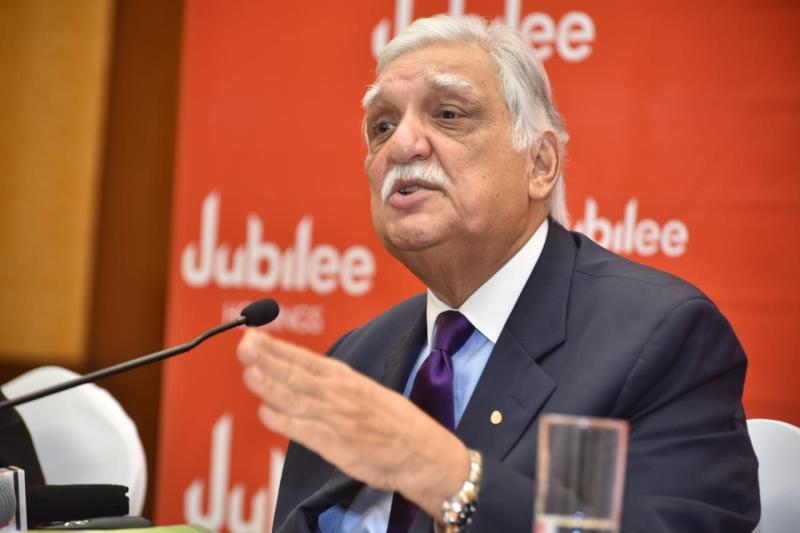
Nizar Juma has been a towering figure on the boards of over 70 companies, all for free. His motivation, he says, is because he lost interest in chasing after money.
In an exclusive interview with Financial Standard, Mr Juma lifts the lid on his past, overcoming his temper, cigarettes, alcohol, obsession with money and losing his marriage.


